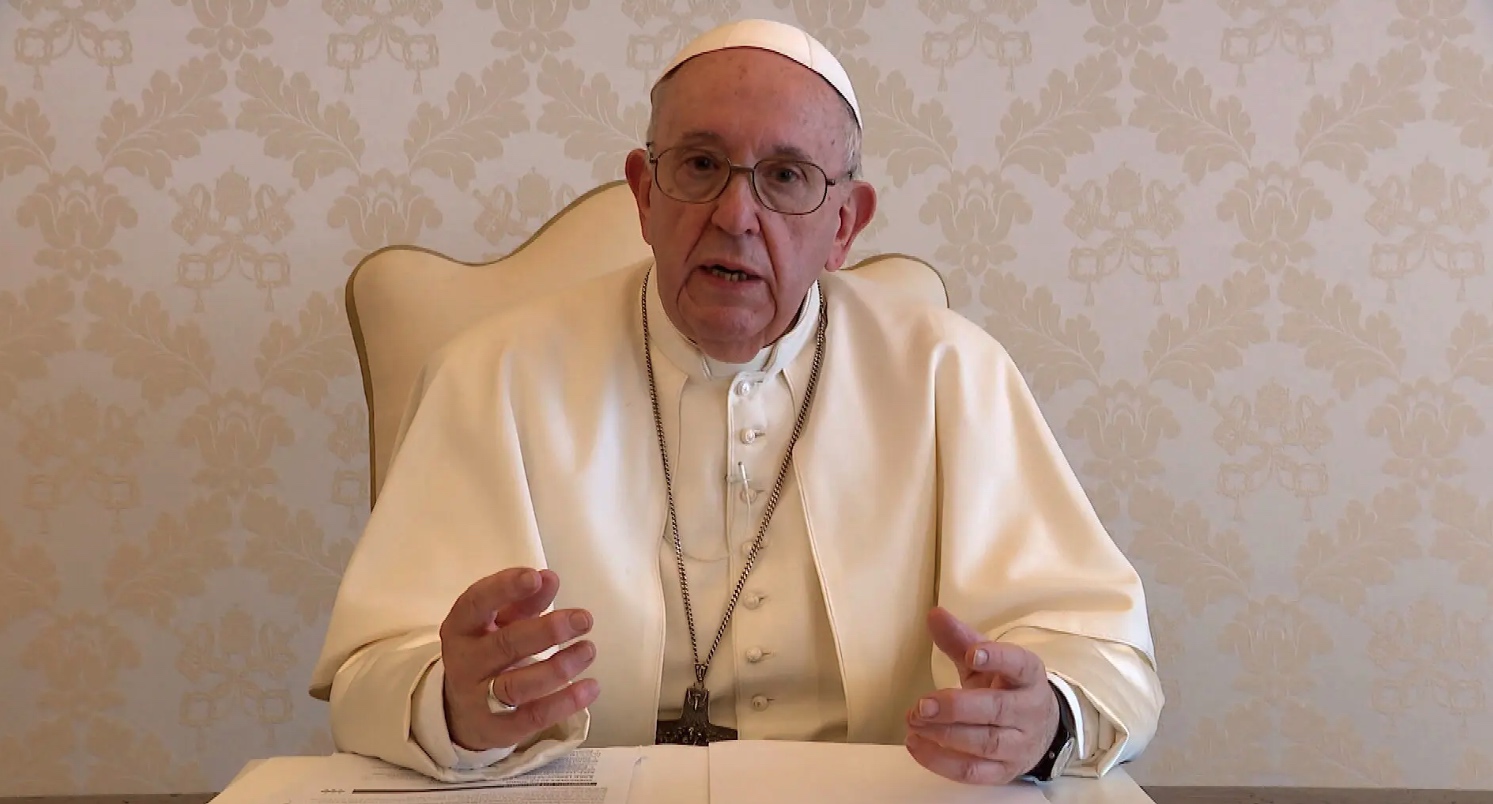Share Christ’s Gospel to help others know Him and leave the rest to the Holy Spirit
What is evangelism?
A Google search will give the definition as, “the spreading of the Christian gospel by public preaching or personal witness”. In 1974, key Protestant leaders at the Lausanne Conference reinforced this meaning by differentiating evangelism from social action and political liberation. For Catholics, the proper word for this initial presentation of the kerygma, is “proclamation”.
But “proclamation” feels like such a big word! It feels so formal and carries the connation that it is to be done by experts. So, I prefer to use the word “evangelism”.
Now let’s look at three misunderstandings of evangelism.
Evangelism is not proselytisation (for Catholics at least)
“Proselyte” is an anglicisation of a biblical Greek word that refers to converts from paganism to Judaism (Matt 23:15, Acts 2:10; 6:5; 13:43). This is where it gets a bit more complicated. While in general English usage, “proselyte” simply means a new convert to any religion, in Catholic language, this word has negative connotations.
Pope Francis explained the difference in the context of the prosperity gospel, implying that the person who is proselytised is attracted not by Christ but by a vice – for example greed. It violates the conscience. Proselytisation is triumphantly obsessed with numbers rather than that the person has discovered eternal life.
Are concerns about proselytisation still valid?
Christians in India are still being accused of “rice bag conversions”. Even in Malaysia, one Sarawakian indigenous youth shared that conversion to Christianity is often because of gratitude for past help, or to gain a social standing. The issue is complex and sometimes we can swing to the other end of the pendulum where we offer corporal works of mercy but don’t share the faith.
A girl who had recently converted to Protestantism shared how she had studied at the library of a Catholic Church but no one struck up a conversation with her, let alone introduced her to Jesus. Well, she was spiritually hungry and when Protestants invited her to receive Christ, she joyfully accepted.
I wonder if the preparation for the Sacrament of Confirmation might bear some tinge of proselytisation. Granted, the young person is already baptised, but there is the social pressure of going along with the herd. Sometimes, the young person is told that he will not be able to receive the Sacrament of Marriage in future, if he doesn’t get confirmed (which isn’t actually what Canon Law teaches).
Godparents should ask the young person to explain clearly and objectively why he believes in Jesus and the Catholic Church, and if necessary, to lovingly discern and discourage him if he is not ready, while promising to journey with him.

Evangelism is not evangelisation
“Evangelisation” is sometimes used interchangeably with evangelism (Catechism of the Catholic Church 905) but generally, it has a wider meaning that covers preaching, teaching, being a channel of grace, reconciling sinners with God, and perpetuating Christ’s sacrifice in the Mass.
Having said that, “there is no true evangelisation if the name, teaching, life, promises, kingdom and mystery of Jesus of Nazareth, the Son of God, are not proclaimed. (Evangelii Nuntiandi 14, 22).
How many of us have heard it said, or even personally repeated this phrase, “I just evangelise through my actions. If non-Christians want to know more about the Faith, they can always ask”. Another way that we have tried to sooth our conscience and say that we are obeying the call of Pope Francis to become a more missionary church is to re-categorised existing ministries as evangelisation.
Therefore, Migrants Ministry, Prison Ministry, Orang Asli Ministry, Children’s Home, St Vincent De Paul, Soup Kitchens, etc, are under the Ministry of Evangelisation. And so, the average Catholic deftly sidesteps getting trained and encouraged to take the initiative to proclaim Jesus.
Conversion is really a work of grace and sometimes, the person may simply not be ready at the moment.
Evangelism is not converting others
While we hope those we evangelise come to accept Jesus and be baptised, success in evangelism is simply “sharing the Gospel of Jesus Christ in the power of the Holy Spirit and leaving the results to God” (Bill Bright).
We are merely sharing information to help others make a decision. Conversion is really a work of grace and sometimes, the person may simply not be ready at the moment.
Having said that, too often, Catholics simply present information. We want our Sunday school students to memorise dates like when Francis Xavier came to Melaka rather than imbibe his missionary courage.
We celebrate feast days of saints but secretly hope that none of our children serve the church until they are in their 70s. We emphasis that we are not to hold hands during the Our Father but fail to call Catholics to obey the Great Commission.
We need to talk about personal life issues through the lens of faith, in a way that is heartfelt and persuasive.
Conversations can end in an invitation, “What would you like Jesus to do for you today?”, “Would you like to know more about Jesus?”, “Would you like to have a relationship with the Heavenly Father?” and so on. Even if the listener assents, becoming a believer and a disciple is a step-by-step journey so don’t get impatient or discouraged!
